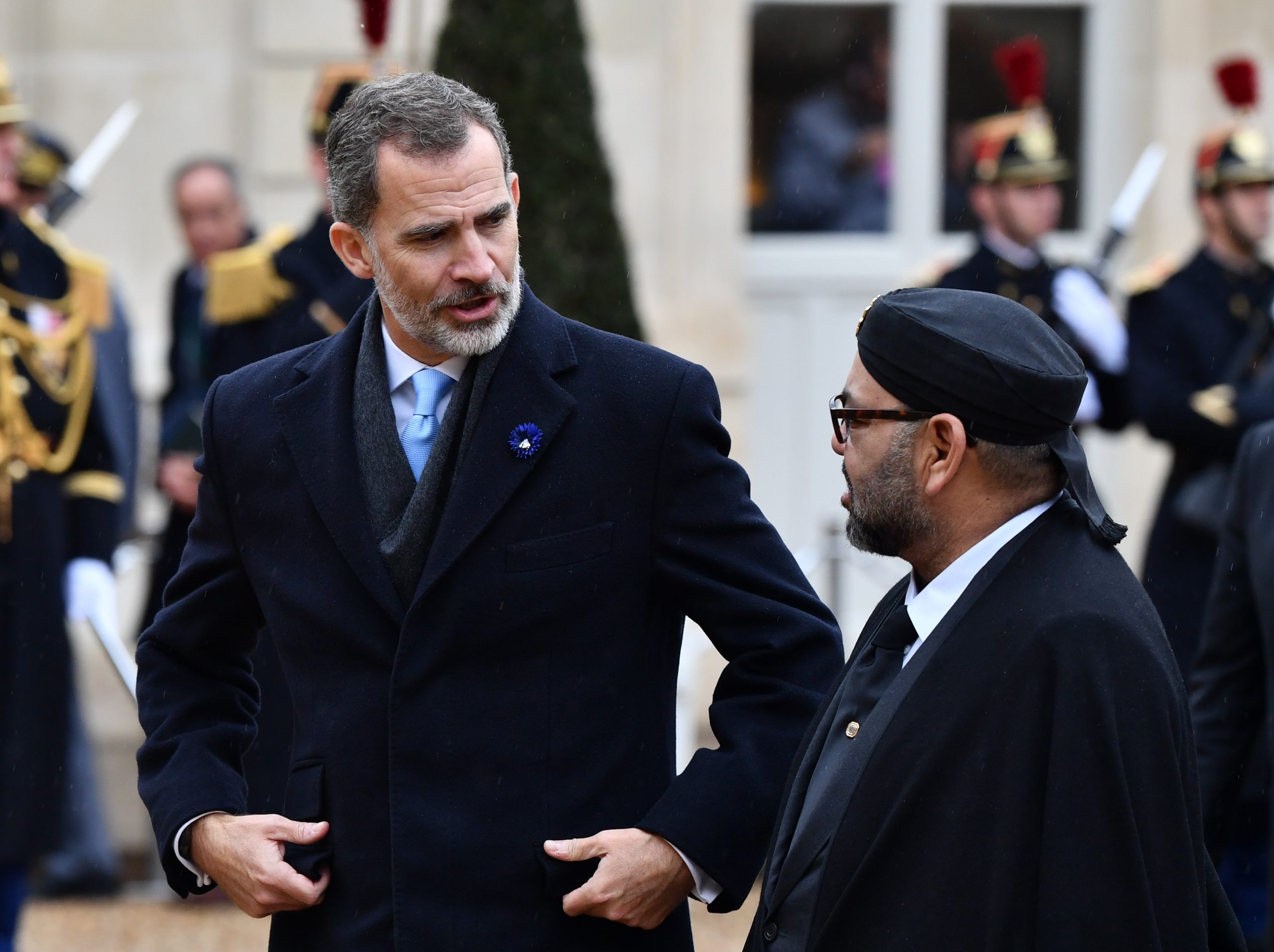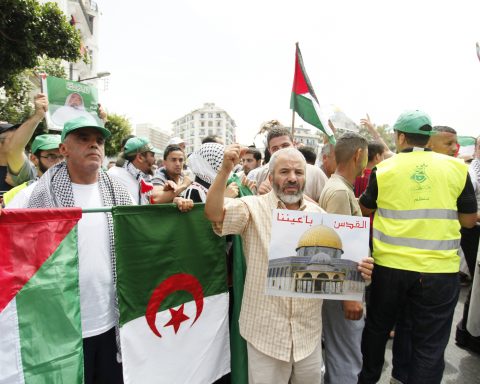The separatist movement in Western Sahara, Polisario’s Secretary-General, Brahim Ghali, went to Spain from Algeria with a fake passport for COVID-19 treatment, causing the recently tense relations between the two countries to turn into a diplomatic crisis. This incident, which Madrid conducted in secret without informing Rabat, resulted in the Kingdom of Morocco withdrawing its ambassador, Karima Benyaich, from Madrid for consultations last week, and then allowing irregular migrants to go to the Spanish border.
At the root of the crisis that broke out between the two countries, Spain’s policy in the Western Sahara issue, which is the controversial region between Morocco and the Polisario Front, and the problem of irregular migrants in Spain’s cities in North Africa: Ceuta and Melilla.
The bilateral relations between Morocco and Spain have witnessed positive developments in recent years with important steps taken in the fields of economy, security, and intelligence cooperation. Being one of Spain’s largest trading partners for the Rabat administration, the disputes between the two countries were ignored for a while. According to official figures, Spain has been Rabat’s number one trading partner since 2012, with more than 800 companies operating in Morocco. Spain ranks first in imports and exports in Morocco’s economic data, the trade volume between the two countries is about $15 billion.
However, in the process that started with the Trump administration’s recognition of Moroccan dominance in Western Sahara on December 10, 2020, which has gradually increased Morocco’s influence in the Western Sahara issue, the claims of Prime Minister Saadeddine Othmani that Ceuta and Melilla historically belonged to the Kingdom of Morocco, have disturbed Spain. Othmani said, “First of all, the Sahara issue needs to be tackled completely. This is our priority. The day to reopen the Ceuta and Melilla issue, which are Moroccan lands like the Sahara, will come in the future”. Thereafter, the Madrid administration secretly took the Polisario leader Brahim Ghali to the country and the tense relations turned into a crisis. Due to the diplomatic crisis between Spain and Morocco, more than 8,000 immigrants swam or walked to Spain from the northern (Benzu) and southern (Tarajal coast) borders of the city of Ceuta between May 17-19. With Morocco’s resumption of border control, the irregular influx of immigrants was stopped after May 20. Moroccan Foreign Minister Nasser Bourita stated that the main reason for his country’s crisis with Spain was “the fact that the leader of the Polisario Front was hosted with a fake passport”. Spanish Defense Minister Margarita Robles has accused Morocco of “blackmailing and using children” for the record-breaking influx of immigrants on the border with Ceuta.
As a result, Spain’s uncertain policy in the Western Sahara issue, which Morocco defines as a “national cause”, negatively affects the future of relations. Despite the good economic and political relations between the two countries, fragile issues such as the problem of irregular immigrants and the Western Sahara issue have been the subject of discussion. In brief, it is seen that Spain is trying to use it as a pressure tool in Morocco by being indifferent to the issues that Morocco considers a national security issue or by secretly taking the leader of the Polisario into the country. Likewise, Morocco has used the issue of irregular migrants as a policy element against Spain.














